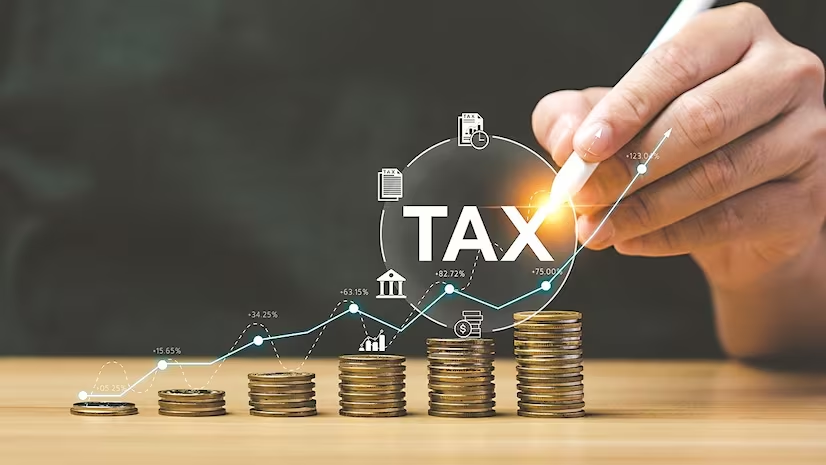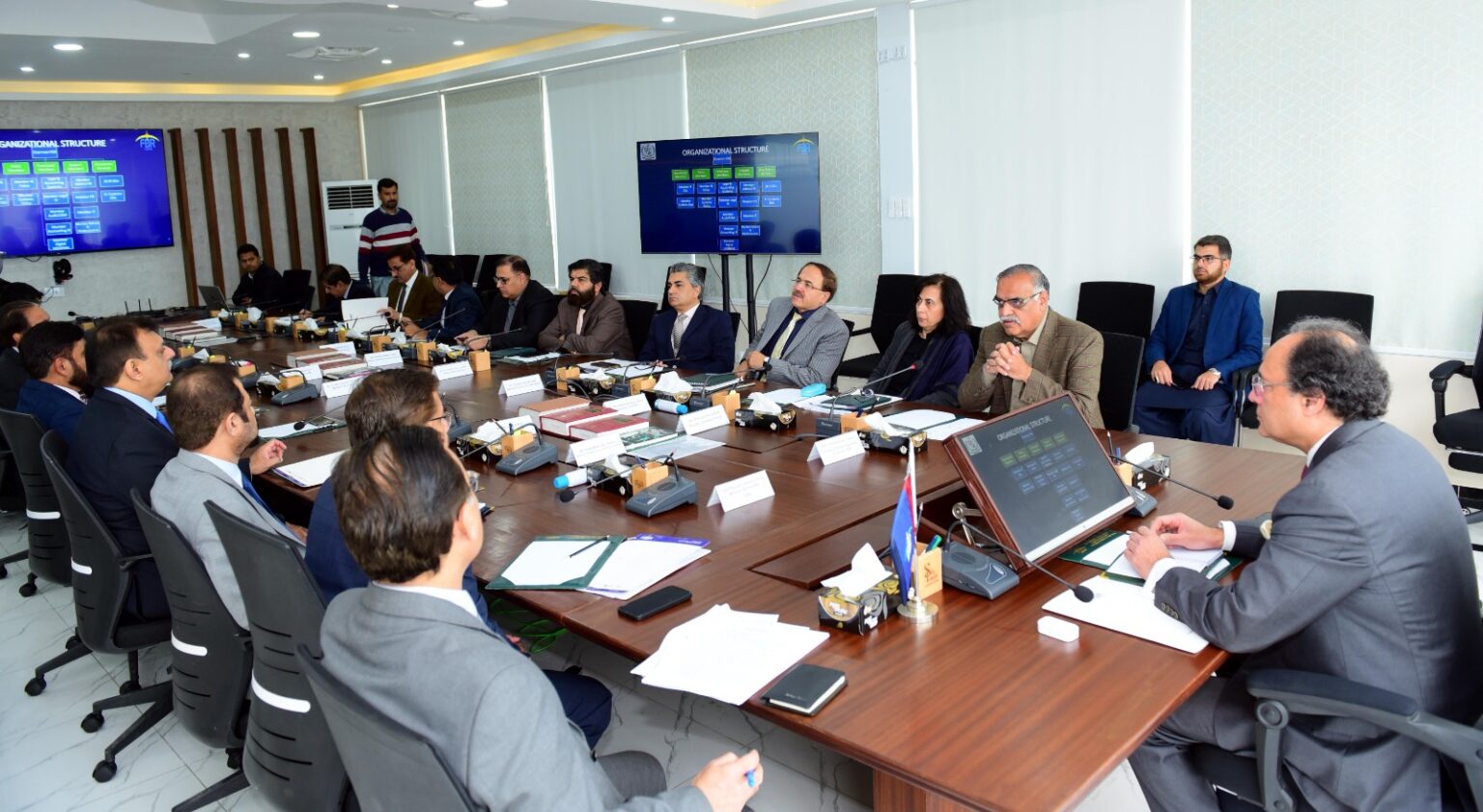Mohsin Siddiqui (Chief Reporter)
The Sindh Revenue Board (SRB) has clarified that the facility of a reduced Sindh Sales Tax (SST) rate on restaurant services for payments made via digital modes, such as debit cards, credit cards, mobile wallets, or QR scanning, has not been withdrawn. This announcement aims to dispel any confusion among restaurant owners and customers regarding the applicability of the reduced tax rate.
According to the SRB, the reduced SST rate for digital payments remains operative. Restaurants that prefer to apply the standard rate of 15% SST, even when payments are made through digital modes, must obtain explicit permission from the SRB. This requirement is stipulated under rule 42(1)(b) of the Sindh Sales Tax on Services Rules, 2011.
The initiative to offer a reduced SST rate for digital payments was introduced to encourage cashless transactions and improve tax compliance. The SRB’s recent notification reinforces the continuity of this policy, ensuring that restaurants and patrons can benefit from the reduced tax rate.
As of now, there are over 1700 restaurants registered with the SRB. However, only 58 of these establishments have obtained the necessary permission to charge the standard 15% SST rate. This permission is granted only to those restaurants whose Point of Sale (POS) invoicing systems are fully integrated with the SRB system and comply with the Sindh Sales Tax on Services Act, 2011.
To maintain the reduced SST rate, restaurants must adhere to specific compliance measures. The primary condition is the integration of the restaurant’s POS invoicing system with the SRB’s electronic system. This integration ensures that all transactions are accurately recorded and reported to the SRB, promoting transparency and accountability.
Additionally, restaurants seeking to charge the standard SST rate must ensure their invoicing systems meet the compliance standards set by the SRB. This includes providing real-time transaction data to the SRB, which helps in monitoring and auditing tax collections more effectively.
Restaurants desiring to charge the standard 15% SST rate must follow a formal application process to obtain permission from the SRB. This process involves submitting an application detailing the restaurant’s compliance with the SRB’s integration requirements. The SRB then reviews the application to ensure that the restaurant’s invoicing system is properly integrated and compliant with the relevant tax laws.
Upon approval, the restaurant is granted permission to apply the standard SST rate. This permission is crucial for ensuring that the restaurant remains within legal compliance while opting out of the reduced tax rate for digital payments.
The SRB’s clarification provides significant benefits for both restaurant owners and consumers. For restaurants, the reduced SST rate for digital payments encourages the adoption of modern payment methods, which can lead to increased efficiency and customer satisfaction. Digital payments are often faster and more secure than cash transactions, reducing the risk of errors and fraud.
For consumers, the reduced tax rate on digital payments can result in cost savings. By opting for digital payment methods, customers can take advantage of the lower tax rate, making dining out more affordable.
The SRB’s commitment to maintaining the reduced SST rate for digital payments reflects a broader trend towards digitalization and cashless transactions. As more restaurants integrate their POS systems with the SRB and comply with the relevant tax laws, the number of establishments benefiting from the reduced tax rate is expected to grow.
Moreover, the SRB’s enforcement of compliance measures ensures that the system remains fair and transparent. By requiring restaurants to integrate their invoicing systems and obtain permission for the standard tax rate, the SRB is promoting a culture of accountability and transparency within the hospitality industry.




